For most of history, religion and war have been the most powerful social instincts of mankind and its chief collective activities. In the crusades, they combined to create a movement of great emotional power, which convulsed Europe in the 12th century and retained its appeal to the military classes until the end of the Middle Ages. One might expect people who embarked on a great war with such intense spiritual exultation to be unconcerned with practical planning. And there were some who believed that these mundane matters should be left to the Holy Spirit to sort out. But they tended to come to a sticky end. For most crusaders, holy war was a serious business, calling for professional organisation, ample finance and meticulous logistical preparation.
Christopher Tyerman is the author of outstanding books on the crusades, notably God’s War (2006), which remains the best modern account of the whole subject. In How to Plan a Crusade, he tackles the whole question of crusade preparation. Much of the book is concerned with the way that crusading armies were recruited: why men joined up, how they found the money, how they persuaded their friends and dependents to come with them, how they arranged their affairs in their absence, how they pacified their irate wives. The rest deals with strategic and logistical planning, with shipping, with stores of food and water, with medical considerations, with weaponry, from daggers to prefabricated forts, with techniques of amphibious warfare and so on. It is a huge subject.
It is also an exceptionally difficult one. Preparation for war is above all an administrative exercise, but there were very few administrative records before the end of the 13th century. By an unhappy coincidence this was just around the time when the last crusader kingdom of the Levant disappeared. There are always the chroniclers, of course. But few of them had much interest in the build-up, and those who did were rather careless with their facts. Numbers were a particularly weak point. Contemporary estimates of the size of crusading armies are notoriously wild. The late-12th-century chroniclers Ralph of Diceto and Richard of Devizes, for example, give detailed and apparently precise figures about the size of Richard Coeur-de-Lion’s crusading fleets of 1189–90 and the number of men and horses carried, which seem to offer unique insights into the logistics of sea transportation until one realises that they are physically impossible. Joinville, the 13th-century chronicler and friend of Louis IX of France, was an eyewitness, and yet some of his information is no better.
Reconstructing the way crusades were planned and prepared involves searching for needles in a thousand haystacks, tiny nuggets of dispersed information which can be put together to create an arresting picture of a world of professional warfare. It calls for extensive reading, a profound understanding of the period and critical scholarship of a high order. Tyerman has mastered not just the chroniclers and such records as exist, but charters, contracts, wills, sermons, letters, poetry, didactic literature and artefacts from every part of western Europe. The result is an impressive synthesis of a complicated subject, presented in elegant, readable prose. Not many historians could have done it.
Behind the skilful deployment of a mass of evidence, there is an agenda, a broader theme. The crusaders, Tyerman argues, were not a bunch of pious fanatics and airy-fairy dreamers. They were practical and rational men of war. They thought seriously about what they were doing, drawing on a growing fund of accumulated experience. It is a defensible view, and he defends it with persistence and skill. But a measure of scepticism remains, at least in this reviewer’s mind.
The crusading kingdoms of the Levant were founded in a moment of Muslim weakness and division at the beginning of the 12th century, and lasted only two generations before being reduced to a few coastal fortresses and islands. By the mid-13th century, European governments had come to realise that Palestine would never be conquered without overcoming the rich, populous and organised states around it, in particular Egypt. Their response was to raise their sights still higher, to embrace the occupation of much of the Middle East, an alien region of which they had only the most basic geographical knowledge and of whose culture and politics they knew almost nothing. At the beginning of the 14th century, the Frenchman Pierre Dubois addressed to the kings of France and England a grandiose project for training young men in oriental languages to serve as administrators of the conquered regions, and for founding a chain of monastic schools across the Middle East in which young Arab women would be brought up as Christians and taught how to convert their future husbands. Only by the eye of faith could such fantastic projects ever have been taken seriously.
Doubtless the crusaders did think rationally and practically about means. Tyerman conclusively demonstrates that. But they did not think either rationally or practically about ends. The ambition to occupy the Holy Land in the face of persistent Arab and later Turkish hostility would only have been achievable with the kind of overwhelming economic and technological superiority which the western powers finally achieved in the late 19th century, but never came close to enjoying in the Middle Ages. Even the Nicopolis crusade of 1396, which had the more modest aim of holding the Danube regions against the advance of the Ottoman Turks, ended in disaster. If Europe could not even defend its own eastern frontier, what hope was there of conquering the heartlands of the infidel? Meticulously planned the crusades may have been, but the whole crusading ideal was the stuff of fantasy and pipe-dreams.
Got something to add? Join the discussion and comment below.
Get 10 issues for just $10
Subscribe to The Spectator Australia today for the next 10 magazine issues, plus full online access, for just $10.
Available from the Spectator Bookshop, £20 Tel: 08430 600033. Jonathan Sumption is a justice of the Supreme Court, and is writing a history of the Hundred Years War, volume four of which was reviewed in our 29 August issue.
You might disagree with half of it, but you’ll enjoy reading all of it. Try your first month for free, then just $2 a week for the remainder of your first year.

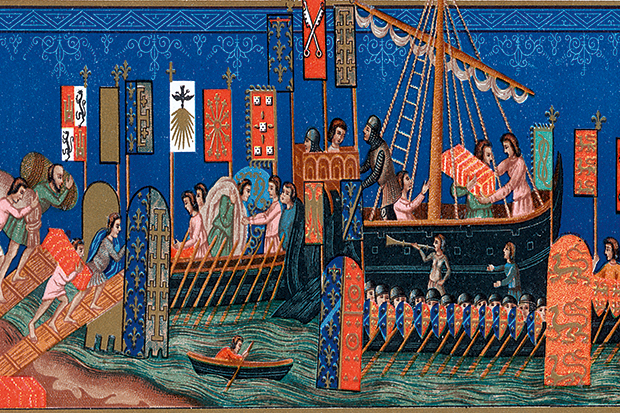
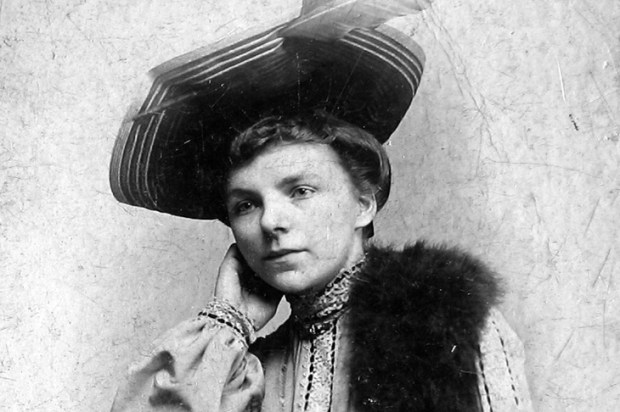
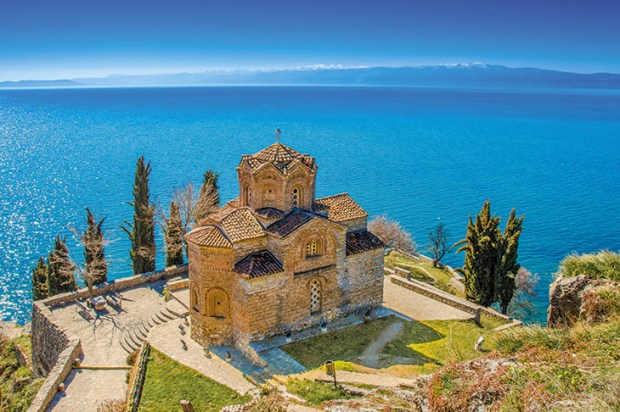
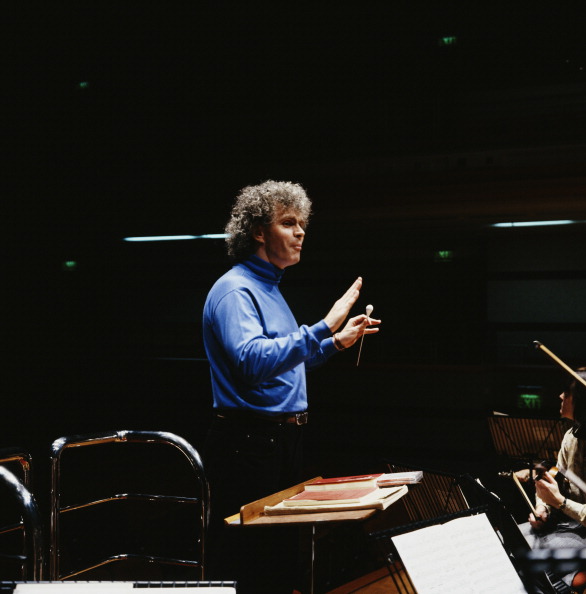
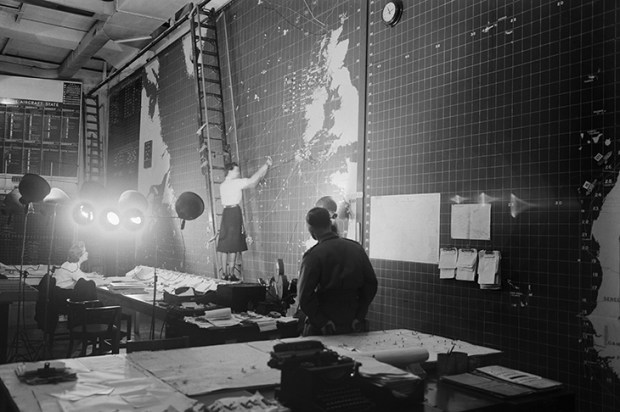
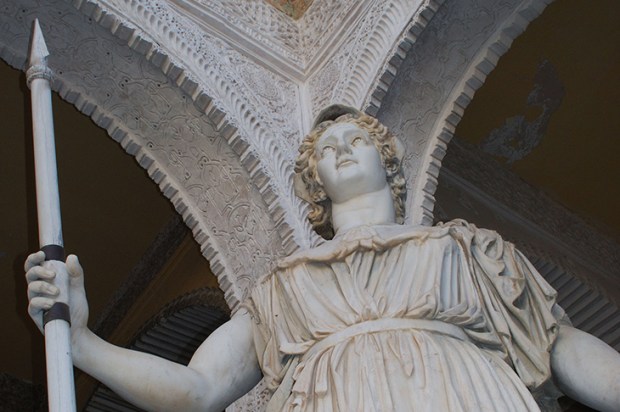
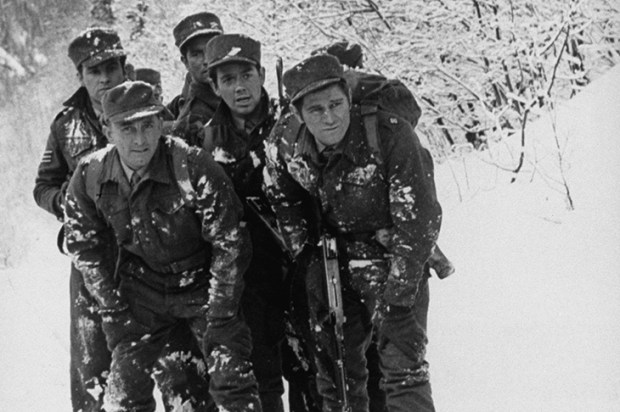






Comments
Don't miss out
Join the conversation with other Spectator Australia readers. Subscribe to leave a comment.
SUBSCRIBEAlready a subscriber? Log in